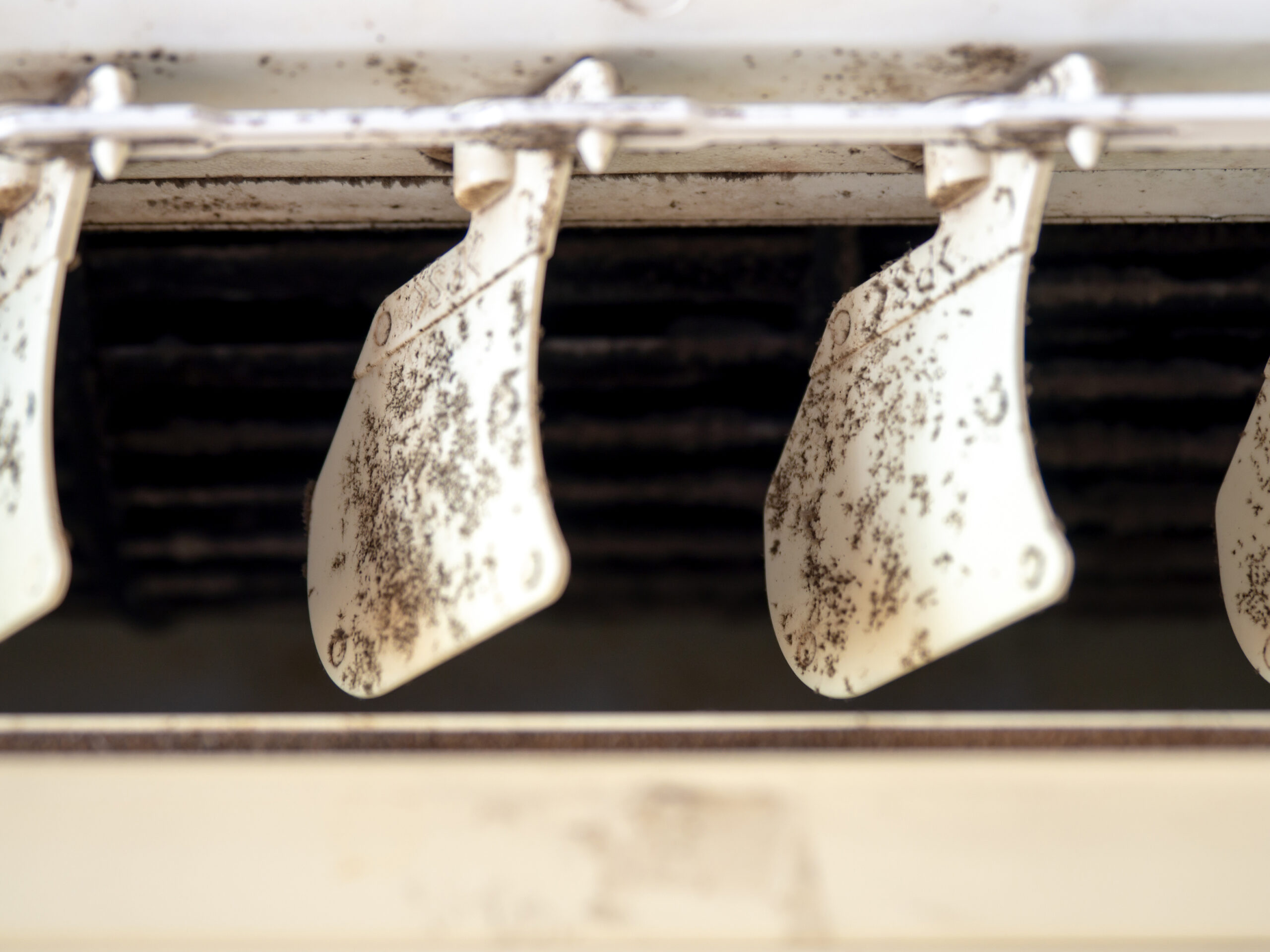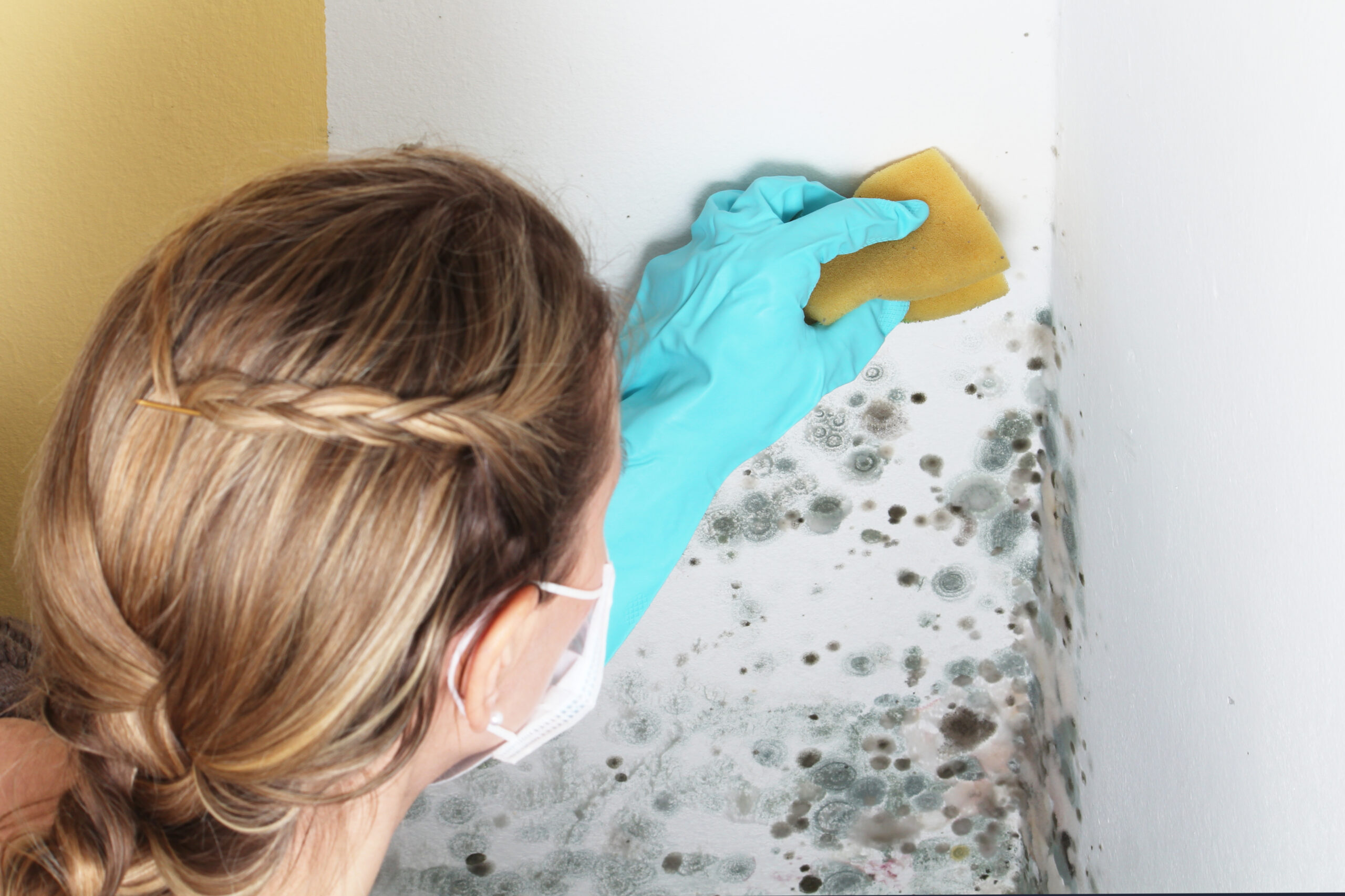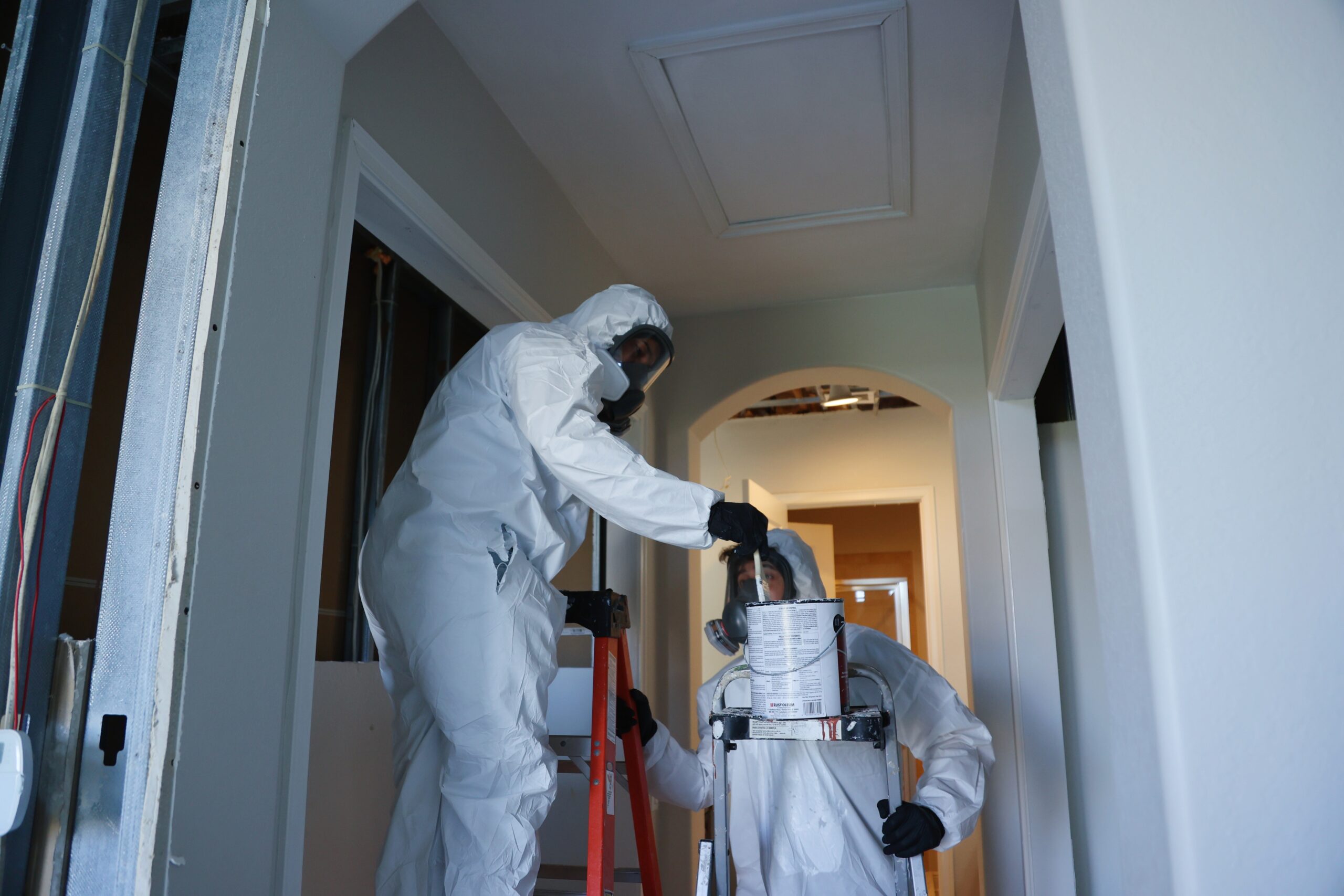Florida is famous for its sunny beaches and tropical vibes, but it also has a stormy side- hurricane season. These powerful storms are a fact of life in the Sunshine State, and knowing when they hit and how to prepare can make all the difference. From understanding storm development to creating hurricane preparedness plans, we’ve got you covered.
When is Peak Hurricane Season in Florida?
While the official hurricane season runs from June 1st to November 30th, the peak season for hurricanes in Florida typically occurs from mid-August through late October. This is when warm ocean waters and atmospheric conditions create a perfect breeding ground for hurricanes.
Florida storm season is busiest during this time, so residents should be especially vigilant. Whether you’re new to the area or a seasoned Floridian, keeping track of hurricane season timing is crucial to staying safe.
How Hurricanes Develop
Hurricanes, also known as tropical cyclones, are nature’s ultimate powerhouses. They form over warm ocean waters (at least 80°F), where heat and moisture fuel their growth. The process looks something like this:
- Storm Development Begins: A cluster of thunderstorms over the ocean starts spinning due to Earth’s rotation.
- Low Pressure Intensifies: Warm, moist air rises, creating a low-pressure system that draws in even more air.
- Hurricane Formation: Once sustained wind speeds reach 74 mph, the storm officially becomes a hurricane.
- Strengthening Over Warm Waters: As the storm moves over warm water, it can intensify, gaining speed and strength.
Understanding hurricane formationhelps you appreciate why preparation is key. These storms may seem sudden, but they’re the result of specific atmospheric conditions that can be monitored.
When is Hurricane Season in Florida?
Hurricane seasonin Florida officially starts on June 1st and ends on November 30th. However, not all months are created equal. Here’s a quick breakdown:
- June & July: Early-season hurricanesare less common but still possible.
- August to October: The height of seasonal storms in Florida, with September being the most active month.
- November: Late-season hurricanesare rare but can still occur, so don’t let your guard down!
Florida storm seasonis unpredictable, so keeping an eye on weather reports throughout this period is essential.
How to Prepare for a Hurricane
Preparation can save lives and minimize damage. Here’s how to get ready before a storm strikes:
1. Stock Up on Emergency Supplies
Gather essentials like water, non-perishable food, flashlights, batteries, and first aid kits. Don’t forget your pets—include food and supplies for them too.
2. Secure Your Home
Install storm shutters or board up windows, and bring outdoor furniture inside. Trim trees and secure loose items to prevent damage from flying debris.
3. Create an Evacuation Plan
Know your evacuation plans and have a route mapped out. Ensure your car’s gas tank is full, and have a bag packed with clothes, medications, and important documents.
4. Stay Informed
Monitor local weather updates and emergency broadcasts. Sign up for alerts to stay in the know about hurricane season timingand storm precautions.
5. Check Insurance Coverage
Review your homeowner’s insurance policy to make sure it covers hurricane damage. Consider additional coverage for flooding, as water damage restorationcan be costly.
Precautions and Safety Tips for Hurricanes
When a hurricaneis approaching, your actions can make all the difference. Follow these hurricane safety guidelinesto protect yourself and your loved ones:
- Stay Indoors: Avoid going outside during the storm, even if it seems calm. The “eye” of the hurricanecan give a false sense of security.
- Avoid Floodwaters: Never drive through flooded areas. Just a few inches of water can sweep away a vehicle.
- Have a Communication Plan: Make sure family members know how to stay in touch if you get separated.
- Turn Off Utilities: If instructed by authorities, shut off gas, electricity, and water to prevent hazards.
- Prepare for Power Outages: Have backup power sources like generators or portable chargers.
Storm precautionsare your first line of defense, so take them seriously.
Top 5 Survival Tips for Hurricanes
- Stay Calm and Prepared
Panic can lead to poor decisions. Stick to your hurricane preparednessplan and follow official advice. - Keep Important Documents Safe
Store passports, IDs, and insurance papers in a waterproof bag. These can be crucial for post-storm recovery and dealing with insurance claims. - Have a Backup Power Source
Whether it’s a generator or a solar charger, having access to power can be a lifesaver. - Plan for Evacuation Early
Don’t wait until the last minute to leave if evacuation plansare issued. Roads can get congested quickly. - Focus on Post-Storm Recovery
Once the storm passes, prioritize safety during cleanup. Watch for downed power lines, avoid standing water, and call professionals for water damage restoration if needed.
Hurricane Recovery and Cleanup
After the storm, the recovery process begins. Here’s what to do:
- Assess Damage: Carefully inspect your property for damage. Take photos for insurance claims.
- Remove Debris Safely: Wear gloves and sturdy shoes to avoid injury.
- Call in Professionals: For significant damage, especially water-related issues, contact experts in storm cleanup and water damage restoration.
- Check Local Resources: Many communities offer hurricane recoveryassistance, including temporary shelters and cleanup crews.
Recovering from a hurricanecan be challenging, but taking deliberate steps ensures a quicker return to normalcy.
Conclusion
Hurricanes are an unavoidable part of life in Florida, but they don’t have to be overwhelming. By understanding hurricane formation, recognizing Florida storm season timing, and following hurricane safety guidelines, you can protect yourself, your loved ones, and your property.
Preparation is key—stock up on emergency supplies, plan evacuation routes, and secure your home before the storm hits. And if the worst happens, trust in professional water damage restoration and storm cleanup services to help you recover.
Remember, Florida’s beauty comes with its challenges, but with the right precautions, you can weather any storm. Stay safe, stay informed, and don’t let hurricane season catch you off guard!




